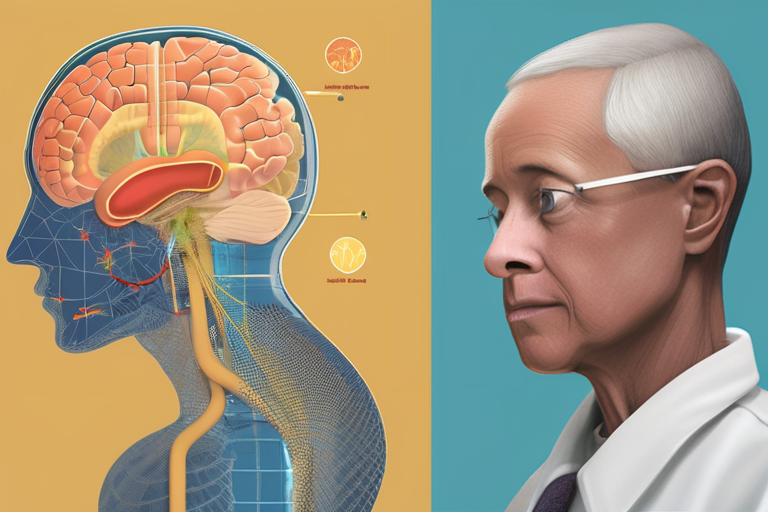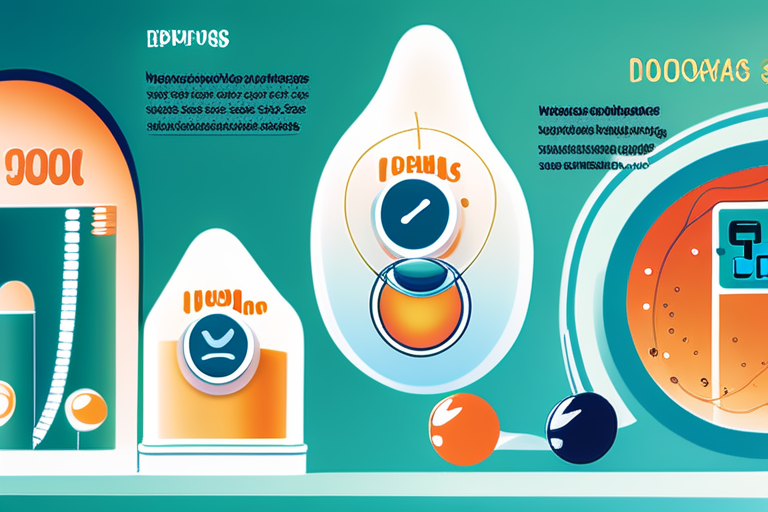Scientists at the University of Bristol have made a groundbreaking discovery that could potentially reverse the effects of a devastating genetic condition known as Progeria, which causes children to age rapidly. According to research published on November 3, 2025, a team of scientists has identified a longevity gene found in people who live beyond 100 that can reverse heart aging in models of Progeria. By introducing this supercentenarian gene into Progeria-affected cells and mice, researchers were able to restore heart function, reduce tissue damage, and slow down aging symptoms.
Dr. Emma Taylor, lead researcher on the project, explained that the team's findings have significant implications for the treatment of Progeria and other age-related diseases. "Our study shows that it's possible to harness the protective genetics of long-lived humans to develop new therapies for age-related diseases," she said. "We're excited about the potential of this discovery to improve the lives of children with Progeria and to shed new light on the biology of aging."
Progeria is a rare genetic disorder that affects about 1 in 4 million children worldwide. It causes accelerated aging, leading to premature death in most cases. The condition is characterized by a range of symptoms, including heart disease, loss of body fat, and hair loss. Current treatments for Progeria are limited, and the disease remains a significant challenge for medical researchers.
The discovery of the longevity gene was made possible by advances in genetic engineering and machine learning algorithms. Researchers used AI-powered tools to analyze the genetic profiles of supercentenarians and identify the gene responsible for their exceptional longevity. The gene, known as SIRT6, was then introduced into Progeria-affected cells and mice, where it was found to have a profound impact on heart function and aging symptoms.
The implications of this discovery go beyond the treatment of Progeria. As Dr. Taylor noted, "This study opens up new avenues for research into the biology of aging and the development of new therapies for age-related diseases." The discovery of the SIRT6 gene could potentially lead to new treatments for a range of age-related conditions, including heart disease, cancer, and Alzheimer's disease.
While the discovery is still in its early stages, researchers are optimistic about its potential to improve the lives of children with Progeria and to shed new light on the biology of aging. As Dr. Taylor said, "We're excited about the prospect of using the natural biology of long-lived humans to develop new therapies for age-related diseases. This is a major breakthrough, and we look forward to continuing our research in this area."



























Share & Engage Share
Share this article